Newsroom
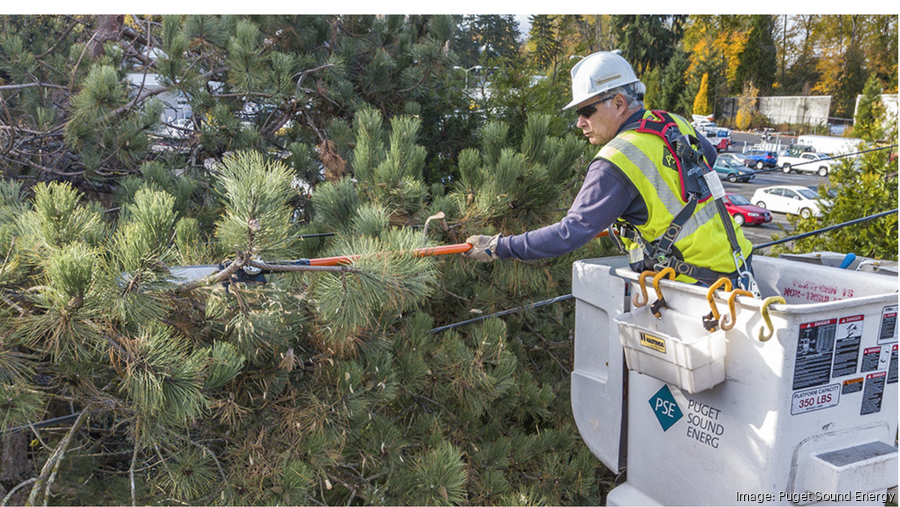
PSBJ: Puget Sound Energy partners with Woodinville company to decarbonize natural gas
The partnership is targeting commercial and industrial clients.
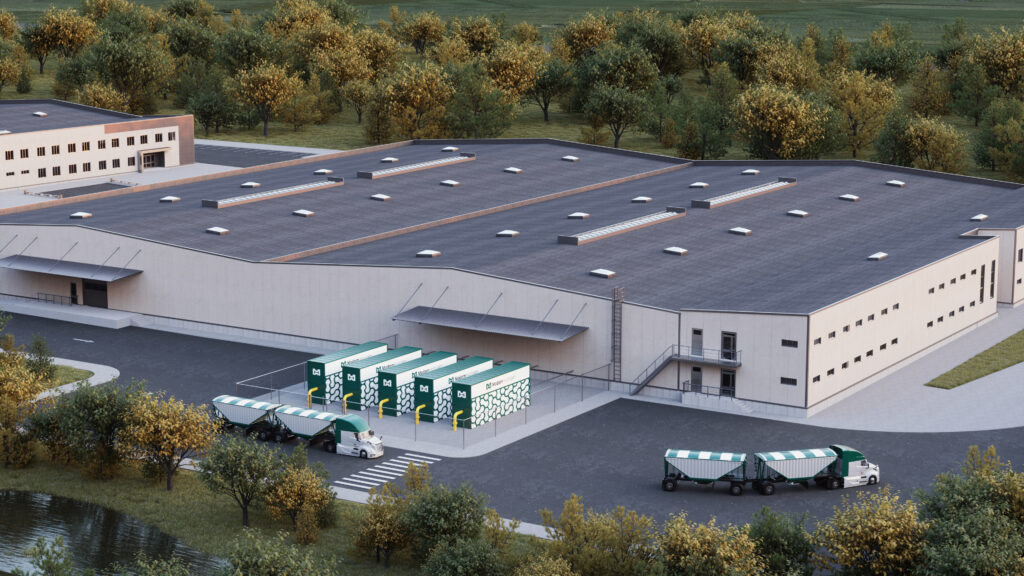
S&P: Puget Sound Energy, Modern Hydrogen partner to decarbonize large gas customers
Washington state multi-utility Puget Sound Energy Inc. announced a strategic partnership to help its commercial and industrial gas customers deploy Modern Hydrogen Inc.’s on-site hydrogen production and carbon capture and utilization technology.
The partnership will identify customers interested in installing Modern Hydrogen’s methane pyrolysis equipment in order to meet their decarbonization goals. Puget Sound Energy and Modern Hydrogen will support technology deployments, conduct market analysis and evaluate customer deployments in site-specific applications, the companies said in a Jan. 29 press release.
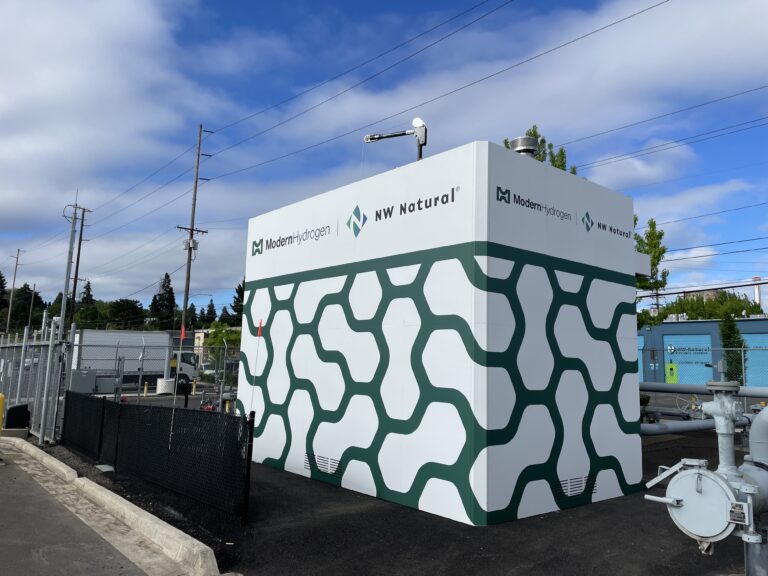
GeekWire: Modern Hydrogen and major Seattle-area utility aim for less controversial clean energy fix
The Woodinville, Wash., company announced a partnership Wednesday with Puget Sound Energy (PSE), a major Seattle-area utility, in which the two are collaborating to find industrial customers interested in Modern Hydrogen’s climate friendly technology. That could include steel and cement makers and pulp-and-paper manufacturers that use processes requiring ultra-high temperatures that are difficult to reach through low-carbon means.
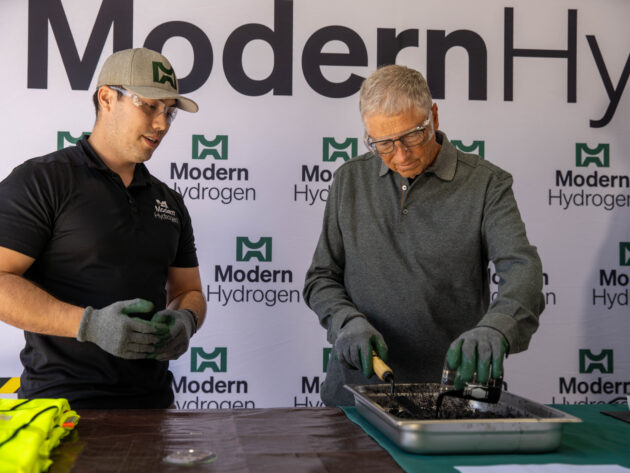
GeekWire: Seattle-area startup Modern Hydrogen raises $25M to fuel clean energy efforts
Woodinville, Wash.-based clean tech startup Modern Hydrogen raised $25 million in new funding.
The company confirmed the new investment after GeekWire spotted a regulatory filing. Existing and new investors participated in the latest round.
“We plan to talk more about our new strategic partnerships after the New Year that expands into new markets, and how we can enhance the value of existing gas infrastructure already on the ground, and speed up carbon capture and utilization,” Modern Hydrogen CEO Tony Pan said in a statement.
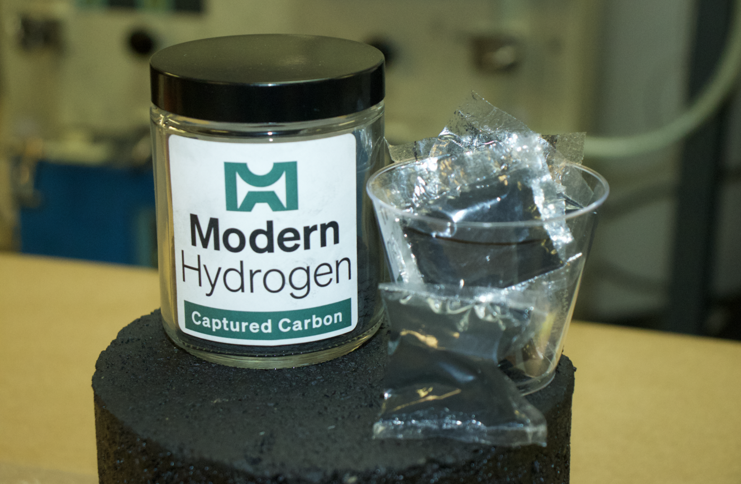
Woodinville’s Modern Hydrogen Brings Carbon-Sequestered Asphalt to Snohomish Road
A Woodinville company this week demonstrated an element of its road, literally and figuratively, to making energy cleaner and cheaper.
Modern Hydrogen developed a process, methane pyrolysis, which strips carbon out of natural gas, creating a solid form of carbon whose uses include sequestration into roads. Additionally, stripping carbon out of natural gas leaves hydrogen that can be used for clean power.
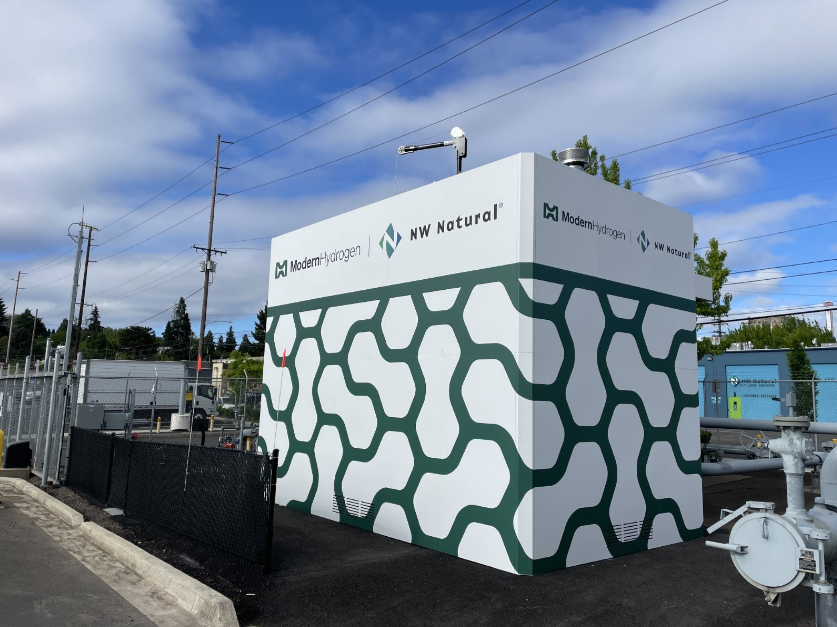
BIC Magazine: Strategic decarbonization: Meeting the demands of modern industry
Methane pyrolysis, an innovative process converting natural gas into hydrogen by removing carbon at the point of use, offers a promising solution. This approach allows industries to cut their carbon footprint without requiring new infrastructure or straining the overburdened electrical grid.
Modern Hydrogen, a technology company focused on decarbonizing industrial processes, specializes in methane pyrolysis. Utilizing existing natural gas infrastructure, their technology offers a scalable and efficient way to reduce emissions while integrating smoothly into industrial systems, eliminating the need for major upgrades.
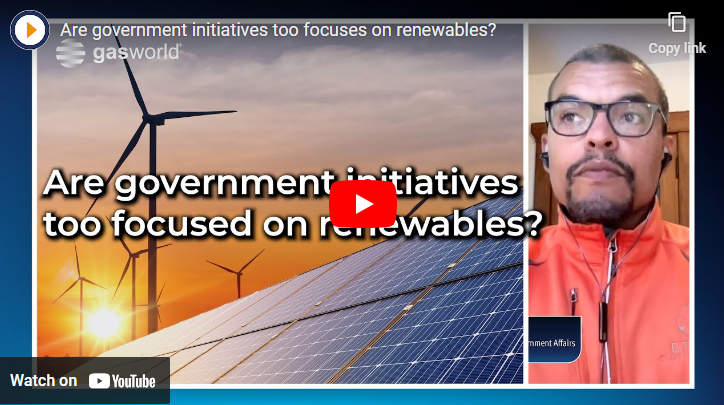
GasWorld Video: Are government initiatives too focused on renewables?
Mothusi Pahl, Vice President Of Business Development & Government Affairs, at Modern Hydrogen, discusses if he believes governments and policy makers are too focused on renewable energy and disregarding the circular economy approach, on gasworld’s Circular Economies webinar.

BIC Magazine: Pan’s gigaton-scale vision: Decarbonizing natural gas with bold solutions
A leader in the decarbonization of global energy systems, Modern Hydrogen is transforming how industries reduce carbon emissions while maintaining energy reliability.
At the forefront is CEO and co-founder Tony Pan, a visionary physicist with over 250 patents pending. Pan’s work in clean hydrogen production through methane pyrolysis has earned him recognition from the Puget Sound Business Journal and the Massachusetts Institute of Technology Review for his contributions to clean energy.
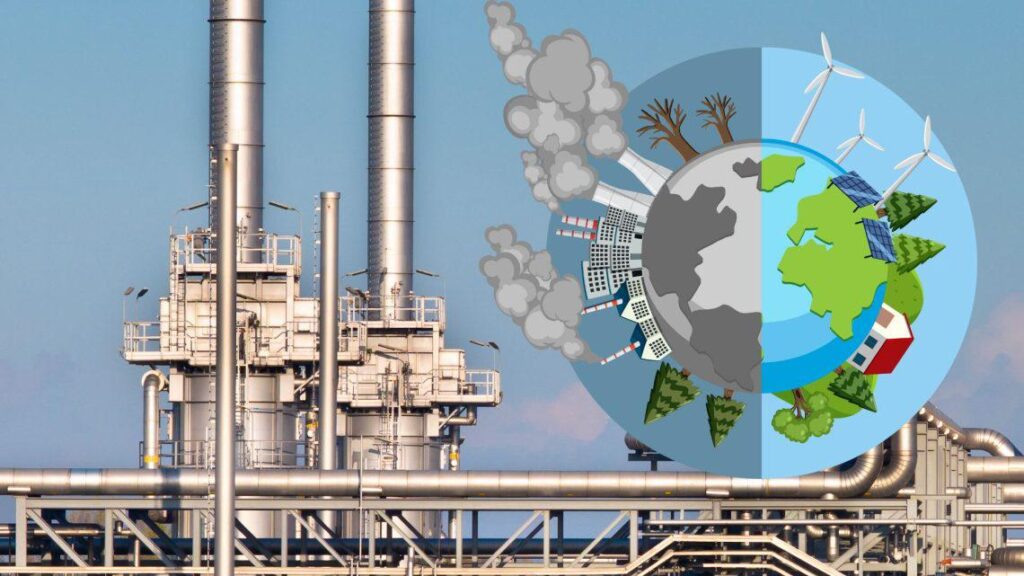
Turning Natural Gas Into Gold: The Economic Upside of Modern Hydrogen’s Technology
In the quest for a sustainable future, companies like Monolith and Modern Hydrogen are at the forefront of technological innovation, introducing solutions that not only produce cleaner hydrogen but also offer a sustainable alternative for the construction industry through a unique byproduct: solid carbon. This groundbreaking approach is set to transform both energy and infrastructure sectors, highlighting significant economic and environmental benefits.
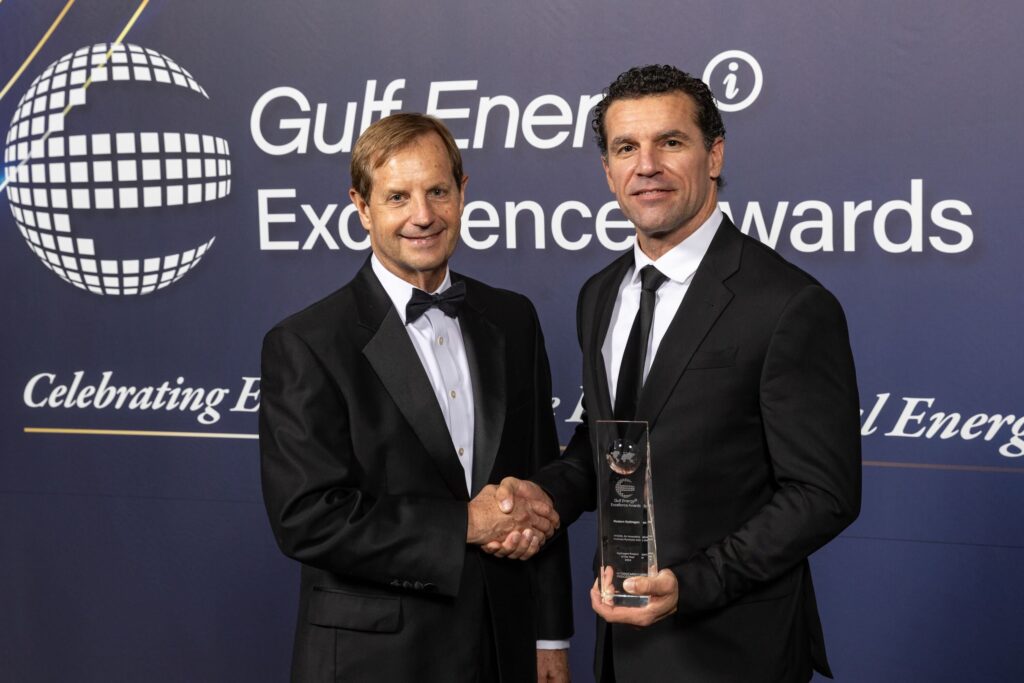
Hydrogen Project of the Year: MH500, An Innovative Methane Pyrolysis Unit – Modern Hydrogen
The 2024 Gulf Energy Information Excellence Awards was held on Wednesday evening at the Post Oak Hotel in Houston, Texas (U.S.). The black-tie gala recognized the energy industry’s leading innovations and thought leaders.
“We received nearly 500 nominations this year, from which more than 180 finalists emerged. This is a record year for nominations, and a testament to the evolution in the technologies shaping the global oil and gas industry,” said John Royall, Chief Executive Officer, Gulf Energy Information.
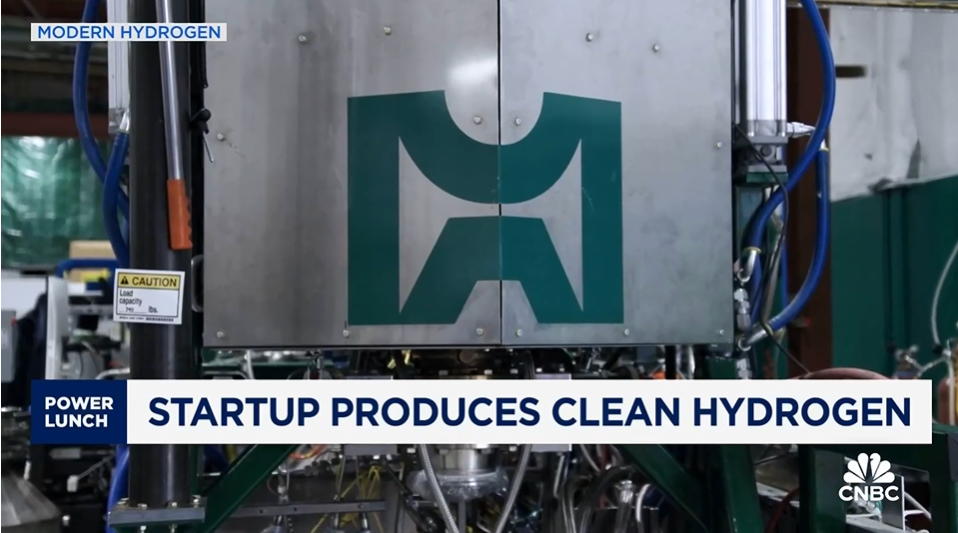
CNBC: Modern Hydrogen is using carbon byproduct to make cheaper and greener asphalt
CNBC’s Diana Olick joins ‘Power Lunch’ to discuss how a startup is using a carbon byproduct to make stronger and greener asphalt.
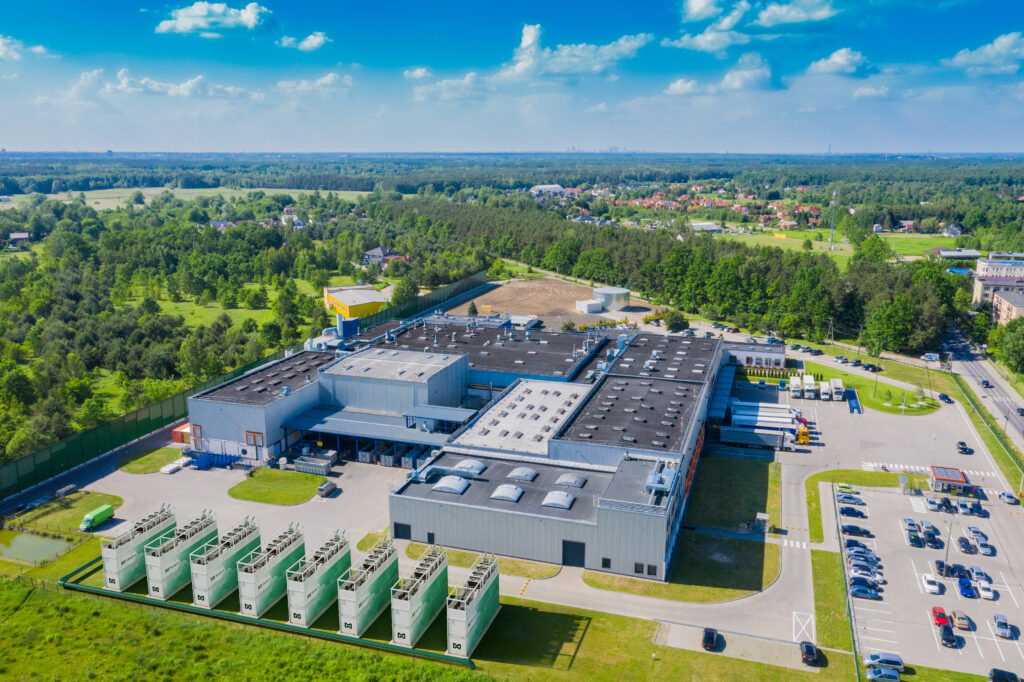
Hart Energy: New Revenue Stream Opens Up With Natural Gas Decarbonization
Could a lower carbon revenue stream, focused on hydrogen and solid carbon, open up for natural gas players?
Depending on the production method, it has no CO emissions. It has two main value-adding products. It is produced from natural gas—an abundant, low-cost energy source in the U.S. And, technology breakthroughs could elevate its status on the so-called Swiss Army knife of energy and amplify its impact on the world’s decarbonization journey.
Pyrolytic hydrogen, or “turquoise hydrogen” for those familiar with the hydrogen color wheel, is produced via pyrolysis. The process involves heating natural gas, or methane (CH ), to temperatures of at least 900 C to break the molecule into hydrogen and carbon—both of which have established markets.
